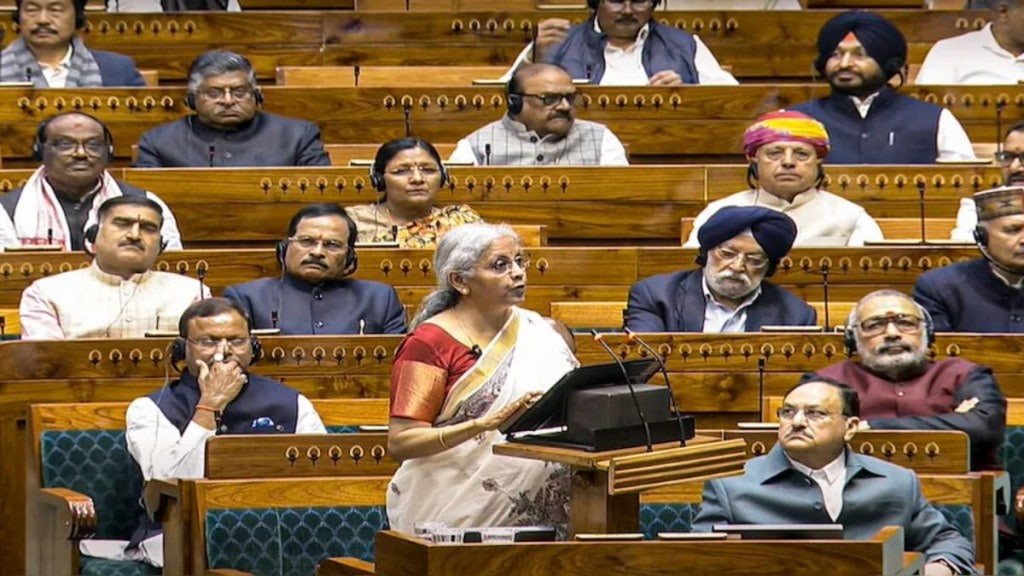Union Finance Minister Nirmala Sitharaman on Saturday (February 1) made a significant announcement aimed at boosting consumption, stating that individuals earning up to Rs 12 lakh annually would no longer face any tax liability. She explained that this move would simplify the taxation system and make it more progressive, benefiting the middle class.
However, this announcement has raised questions among taxpayers, particularly regarding the continued existence of tax slabs despite the new exemption for those earning below Rs 12 lakh.
In an interview with Doordarshan, Sitharaman clarified that the goal was to benefit the middle class without exempting higher-income earners from taxes altogether. Those earning above Rs 12 lakh would still pay taxes, but at reduced rates, which is why the tax slabs remain in place.
“The intent is to benefit the middle class, but not to say those earning higher salaries should not pay tax. They will have to pay according to the reduced rates, rather than being covered under the Rs 12 lakh (limit). Therefore the differential approach,” the FM told Doordarshan during an interview.
Sitharaman emphasised that the revision was designed not just for one income group, but for salaried individuals across various income levels. The intention, she said, was to simplify the tax process and reduce the number of rate slabs.
“We didn’t think from the point of view of foregoing tax collection. We wanted to put more money in the pockets of our taxpayers, who are paying taxes honestly. We have schemes for other groups of people, such as free food scheme for the poor. But we thought what can we give to the taxpayers. So, we don’t see it as money foregone,” she added.
The announcement, which aligns with the Budget’s focus on benefiting the middle class, comes just a day after the Economic Survey highlighted concerns over a slowdown in the economy and the moderation of real wages in recent years.

